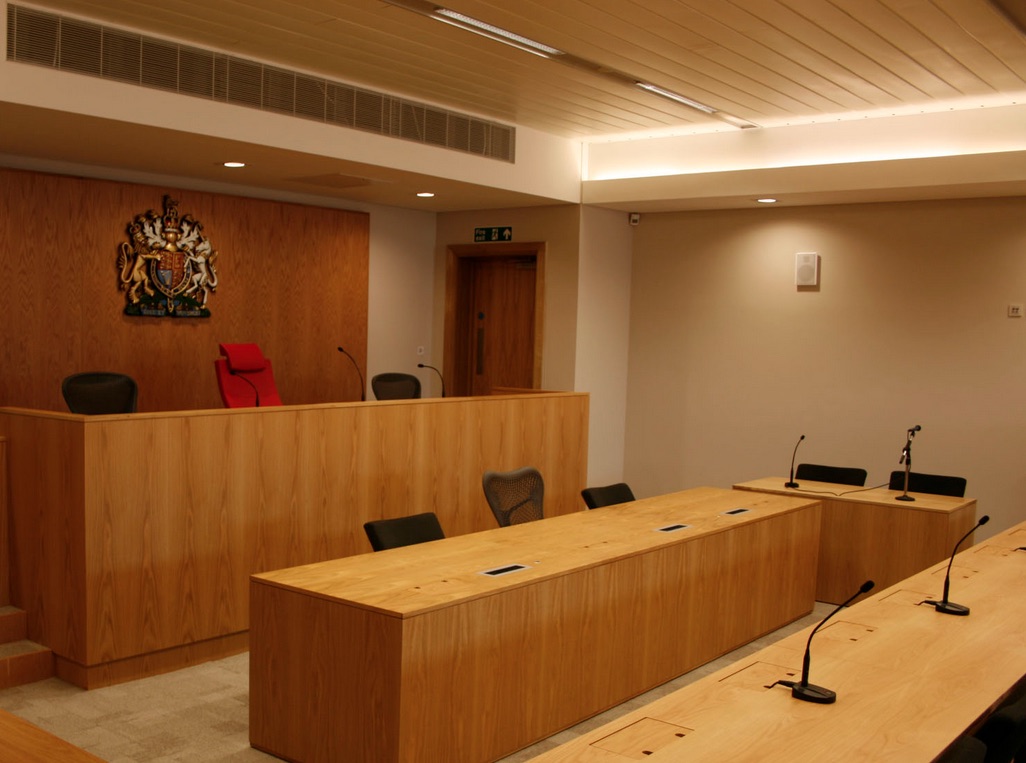In June 2022 the Justice Gap published an article on the increasing number of women imprisoned on remand and the concerns this raises. We now look in more detail at at the recently published report by the legal charity JUSTICE on decision-making on remand in custody. A significant part of the current prison capacity crisis is the growing remand population. The September 2023 remand population figure of over 16,000 is 12% higher than in September 2022 and the highest September figure in fifty years.
One of the most dilapidated prisons in England, with conditions termed ‘degrading and inhumane’, is HMP Wandsworth in London.[2] It holds 1610 men, 890 of them are on remand – 55% of the prison population.
Last year Simon Hattenstone wrote a Guardian article on remand prisoners in UK prisons. He reported that between 2012 and 2021, 265 prisoners awaiting trial or sentencing took their own lives.
The vast majority of these prisoners had not been tried in court, and the rest had been convicted but not yet sentenced. In 2021, 64% of remand prisoners were awaiting trial, while 36% were awaiting sentence. More than half of those on remand in 2021 – 56% – had been charged with non-violent crimes. Remand prisoners are regarded as the most vulnerable in the prison system. While they now account for 16% of prisoners, between September 2020 and September 2021 they accounted for 42% of the 81 prisoners who died by self-inflicted means.
One example is Garry Beadle, who took his life in 2019 after warning that he would not last two days in prison. He hanged himself after six days on remand and died four days later. At the inquest, HMP Durham was criticised for inadequate record-keeping and information sharing, the mismanagement of medication, and staff inadequate training.
A significant part of the current crisis in prison overcrowding is the growing remand population: one in five people who are in prison awaiting trial or sentencing, up from one in nine in 2019. Police cells are being used to hold prisoners, and the government have announced plans to rent cells overseas because of the lack of capacity.
The research
JUSTICE sent observers to 742 magistrates court hearings in England. They observed hearings involving pre-trial remand proceedings across England. About half were heard by a bench of magistrates and about half by district judges sitting in the magistrates’ courts.
The research found that four out of five decisions to remand in custody or impose bail conditions did not reference the relevant law and did not give full reasons with reference to the facts of the case, as is required under the Bail Act 1976.
This undermines fairness and increases the likelihood of custodial remand being imposed unnecessarily. In two cases, the decision to impose custodial remand took just two minutes. Given that remanding a person in custody involves the deprivation of liberty, we must question that two minutes could ever be sufficient time for such a decision to be made. A great deal is at stake when someone is remanded in custody. They risk losing housing and employment, as well as family ties. (See: Loraine Gelsthorpe, Nicola Padfield KC, The role of adult custodial remand in the criminal justice system: a response to the Justice Committee of the House of Commons (2022)).
Being in prison on remand is associated with poor mental health and an increased risk of suicide. These risks are particularly acute in the current context, given the long periods individuals are spending on remand and the increasingly poor conditions in which remand prisoners are kept.
Despite the stringent test for custodial remand or imposing conditions on bail under the Bail Act, unconditional bail was the outcome in just 21% of the observed hearings. Defendants accused of offences of low to moderate severity were remanded in custody 31% of the time.
The report also suggests that biases around race, nationality and the use of video link or a secure dock – which can be random and unrelated to the risk posed by the defendant – may significantly affect decisions not to grant bail.
A lack of understanding of the proceedings among those at risk of being remanded in custody was found by researchers and is particularly troubling. For the 114 defendants who were reported as not having English as their first language, an interpreter was provided to just over 50%. Concerningly, of the defendants who were also reported as having a poor or below average understanding of English, only 77% were reported as being provided with an interpreter in court, whereas 21% were not. Unsurprisingly, defendants who were reported as having a poor or below average understanding of English, were also reported as having limited, very little or no understanding of the proceeding as a whole in all but one case. This is a serious cause for concern. ‘Ensuring that defendants understand processes involving them is best practice across courts and procedures, but in the remand decision-making context there is a specific requirement to explain decisions to defendants in language they can understand (Criminal Procedure Rules and section 5 of the Bail Act).
For their own protection
In seven cases drug addiction was referred to as a justification for remanding an individual in custody. In addition, the mental ill health of the defendant was cited as a reason for custodial remand in three cases. In most of these cases, the defendant had been accused of a low to moderate severity offence. In one case the court expressly recognised that the case was not serious, but was nevertheless concerned that the defendant, if released on bail would “use drugs, and this would worsen his life”. Whilst the legal basis for remanding these individuals in custody was not always clear, it is possible that the above cases represent examples of the use of “remand for own protection,” as permitted by the Bail Act. As argued by the Howard League for Penal Reform, JUSTICE and many others, remanding individuals in custody ostensibly for their protection or welfare or to address social issues they may be experiencing, should not be permitted. Prisons are not suitable places for vulnerable people, and social issues are often exacerbated by incarceration. This is particularly true for remand prisoners, who are often held in the worst conditions, with the least access to healthcare and support services.
Rather than remanding individuals in custody when vulnerabilities such as mental health, homelessness, and drug use are identified efforts should be made to address these at source, through specialised programmes delivered in the community.
Practical steps to increase the use of alternatives to remand
The report makes a number of recommendations. They include:
- Courts must ensure that the defendants understand the proceedings. Interpreters must be employed whenever the defendant needs.
- The Government should publish statistics on the reasons why magistrates’ courts refuse bail, as recorded on the Common Platform. The publication of this data should be supplemented by qualitative research investigating the perceptions of court users, court staff and decision-makers about the quality of remand decision-making in the Magistrates Courts.
- More needs to be done to understand why and in what circumstances decision-makers favour custodial remand over conditional bail. Efforts should be made to ascertain whether and to what extent conditional bail is being sought and imposed where unconditional bail would be appropriate.
- When making decisions concerning bail, decision-makers should have regard to the nature and seriousness of the offence, and the probable consequences for the defendant if convicted. Save in certain limited circumstances, unconvicted defendants should not be remanded in custody where there is no real prospect of them receiving a custodial sentence.
- More data should be gathered on the practice of remanding individuals in custody for their own protection. This should include the demographics of defendants subject to this provision, and data on where this provision is being used. Analysis should be done to identify the factors that increase an individual’s risk of being remanded for their own protection. This data should be used to identify and implement suitable community-based alternatives to custodial remand, better suited to addressing vulnerability.
- As recommended in the JUSTICE Report Mental Health and Fair Trial, opportunities to be diverted out of the criminal justice system should be available early in the criminal justice process and should form part of a wider strategy to prioritise the welfare of vulnerable individuals over punitive responses through the criminal justice system.
Conclusion
Remand prisoners while awaiting trial often experience some of the worst conditions in the prison estate. They are denied access to rehabilitative programmes and are frequently held in increasingly overcrowded local prisons. They are more likely than other prisoners to have problems accessing mental health care, are at an increased suicide risk and can spend months or even years awaiting trial
A thorough reform of the system is required. It is urgent. We should all be able to trust that our courts follow basic legal steps when making life-changing decisions. The choice to imprison someone not yet tried or convicted can shatter lives, leading to job loss, homelessness and severed connections to family and support services.







